Following this betrayal, Henry Percy had no option but to do battle, he would face Richard Rokeby's force on high ground at Bramham Moor the following day.
- * In 1408 Thomas Rokeby was Sheriff of Yorkshire, historically, it's Thomas Rokeby whom Henry Percy meets at Grimbald Bridge and who leads the king's forces at the Battle of Bramham Moor.
- ** KrisTowsonPhDThesis.pdf (35.19Mb)
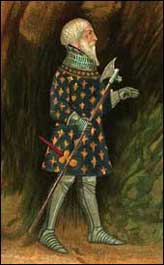
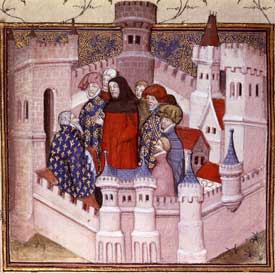
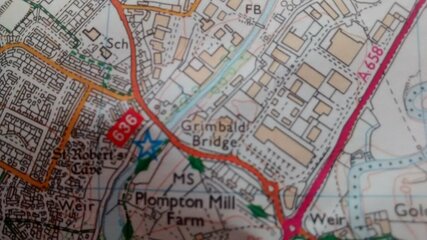
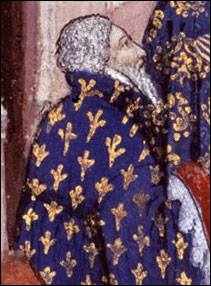
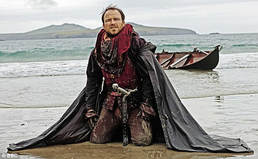
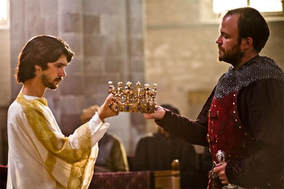
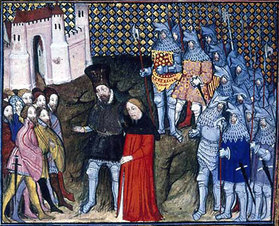
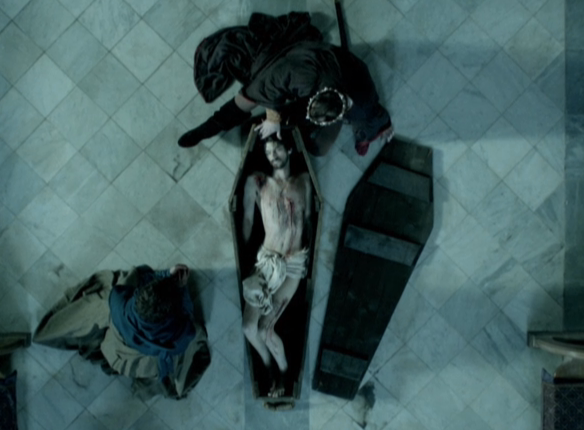
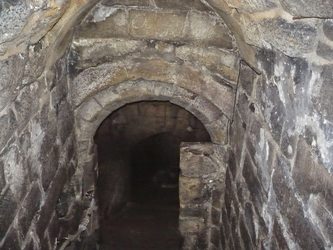

 RSS Feed
RSS Feed
